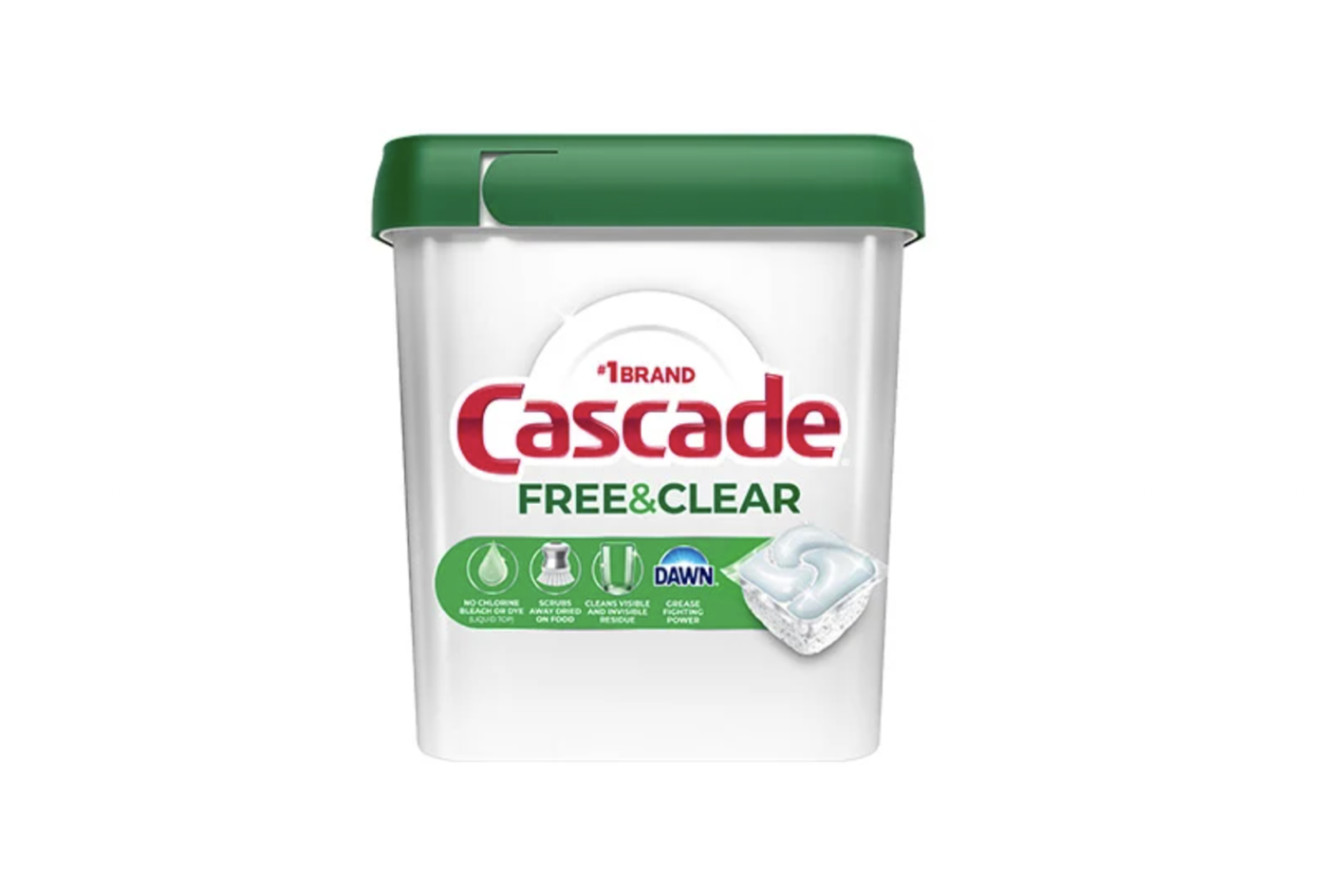
Cascade ‘Free & Clear’ Dish Detergents
What does this marketing term mean?
A class-action lawsuit was filed in June 2013 against Narconon of Georgia, Inc., a drug rehabilitation program based on the writings of the founder of the Church of Scientology, claiming the rehab center made a number of false and misleading statements in its marketing materials. The plaintiffs allege, among other things, that the center advertises itself as a residential facility with certified addiction counselors when, in reality, the center is only authorized to function as an outpatient facility and its counselors are not certified. The complaint also alleges that the center lied about its success rate, concealed its connection to Scientology, and did not have any scientific basis for its claim of how it would “detoxify” its patients (i.e., by removing drug residues and other toxic substances from the patients’ bodies). (Burgess et. al. v. Religious Technology Center, Inc. et al., Case No. 13-cv-02217, N.D. Ga.).
What does this marketing term mean?
Guests say online pictures are misleading.
What you see on the website may not be what you get.
Why diabetes patients should research carefully before buying.
Can you really make bank playing solitaire on your phone?



